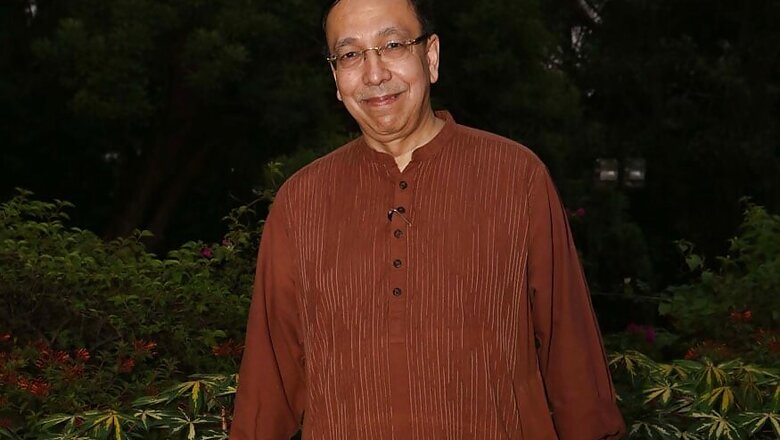
views
Events like the demand for placing an Army tank in a university and beating up of people for not chanting ‘Bharat Mata Ki Jai’ mark a wave of new, muscular nationalism. In his new book ‘The Nation as Mother and Other Visions of Nationhood’, historian and Trinamool Congress leader Sugata Bose talks about compassionate and inclusive nationalism envisaged by Rabindranath Tagore, Subhash Chandra Bose and Mahatma Gandhi among other freedom fighters and intellectuals. Speaking to News18’ Eram Agha on the eve of Independence Day, Bose says his attempt is to recover from history a much more generous conception of patriotism and nationalism, which instils the spirit of service among our people and also inspires creative faculties among them. Edited excerpts:
Your book comes just before India turns 70. Is it a conscience decision to time the release of the book with this landmark moment? Also, why now.
It is timed, of course, for the 70th anniversary of freedom. I was particularly concerned that there should be a critique of the narrow, selfish and arrogant nationalism that is being propagated by the powers that be today. It is also to recover from history a much more generous conception of patriotism and nationalism, which instils the spirit of service among our people and also inspires creative faculties among them. I wanted the young generation to know about the healthy debates that took place during the freedom struggle. I began with Tagore’s nationalism that completes 100 years now. He wrote patriotic songs but warned his countrymen that they should put humanity above the nation.
Could you please explain what you mean by the ‘generous concept of nationalism’? Also, do you see any problems with the way Bharat Mata is being celebrated nowadays?
Former President Pranab Mukherjee pointed out after the release of my book that the concept of mother must not have religious connotation. We also have the concept of Mother Russia, in fact this is quite common in many parts of the world. The concept of Mother is an emotional construct and not a religious one. In the book I point out that when Mahatma Gandhi decided during the Non-Cooperation Movement in the early 1920s there should be three national slogans — “Allah Ho Akbar, Bharat Mata Ki Jai or Vande Matram, and Hindu-Musalman ki jai.”
He thought what is India without the union of the Hindu-Muslim hearts? Even Vande Matram should be seen as a Trinity that Gandhi ji gave us. Those who took part in the freedom struggle and went to the gallows with Vande Matram on their lips would have been horrified to know that in today’s India where are some people who say that if you don’t say Bharat Mata Ki Jai we will beat you up. There was no element of coercion and compulsion in the days of the struggle – and that is the generous concept of nationalism.
We enter 100th year of Tagore’s nationalism. Some intellectuals say he was marginalized and forgotten. Do you agree?
For those who think he was marginalized I just have to say that Tagore’s song was adapted as national anthem. In fact it was Subhash Chandra Bose who first read it during the Second World War and later it was ratified by the Independent India. He was never forgotten, but it is interesting to see what was forgotten about him — his very critical lectures on nationalism and warnings he gave were forgotten, which is why his views on nationalism expressed 100 years ago are so relevant today. He was of the view that nationalism was one of the most powerful anesthetic man has invented. It could be used to cover a lot of wrong. He talked about critical nationalism.
At the launch of your book it was said that Gandhi was not a straightforward secularist. What was his secularism?
His idea of secularism was that there should be equal respect for all religions. He did not believe in complete separation of religion and politics because he thought by doing so we would be eroding politics of its ethical foundations. In 1947 he kept saying the conflict had nothing to do with religions, or being Hindus, or Muslims. Lesson we need to learn from Gandhiji is that we need to be respectful of all religions and also of the differences to be able to rise above them, and create an overarching sense of nationalism.
You come from the family of Subhash Chandra Bose, founder of Indian National Army. Today the vice chancellor of JNU wants a tank to be placed inside the campus. How do you read it?
The idea of having a tank in JNU in itself is puerile. There are other better ways of being taught fellow feeling and sense of patriotism. It is not appropriate to enforce muscular or militant nationalism. Our students and youth should have affection for the nation, serve the less fortunate members of society, the disadvantaged citizens of the country. Military symbols are absolutely unnecessary. We should remember Bose was a national army leader who was most successful in uniting all religious and linguistic groups of India. He might have been a Bengali but most of the soldiers were Punjabis or Pathans. He included civilian Tamils who lived in South East Asia as well. He had respect for Indian unity, sacrificial patriotism. He believed in two values seva aur tyag, today the youth should take those lessons. He had told his INA force that once they enter India they would become non-violent soldiers under the leadership of Mahatma Gandhi.











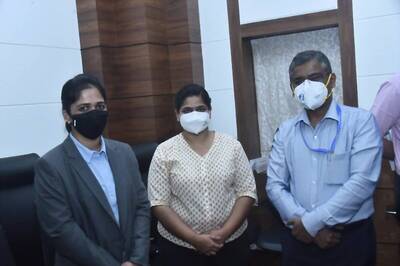


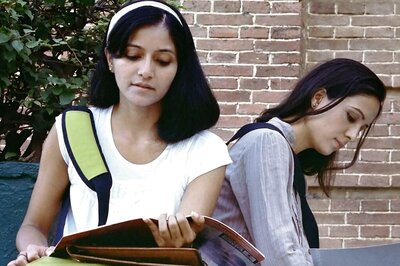

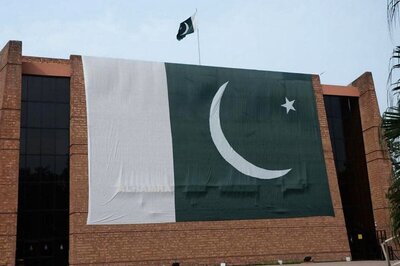

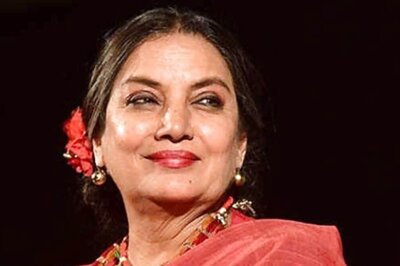
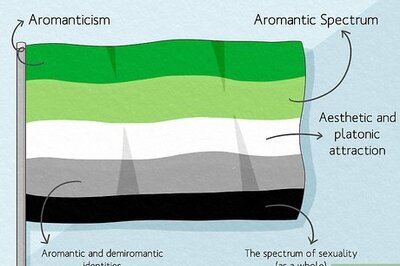
Comments
0 comment